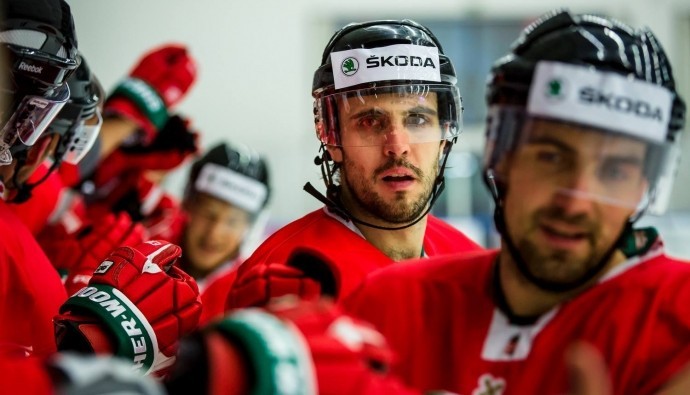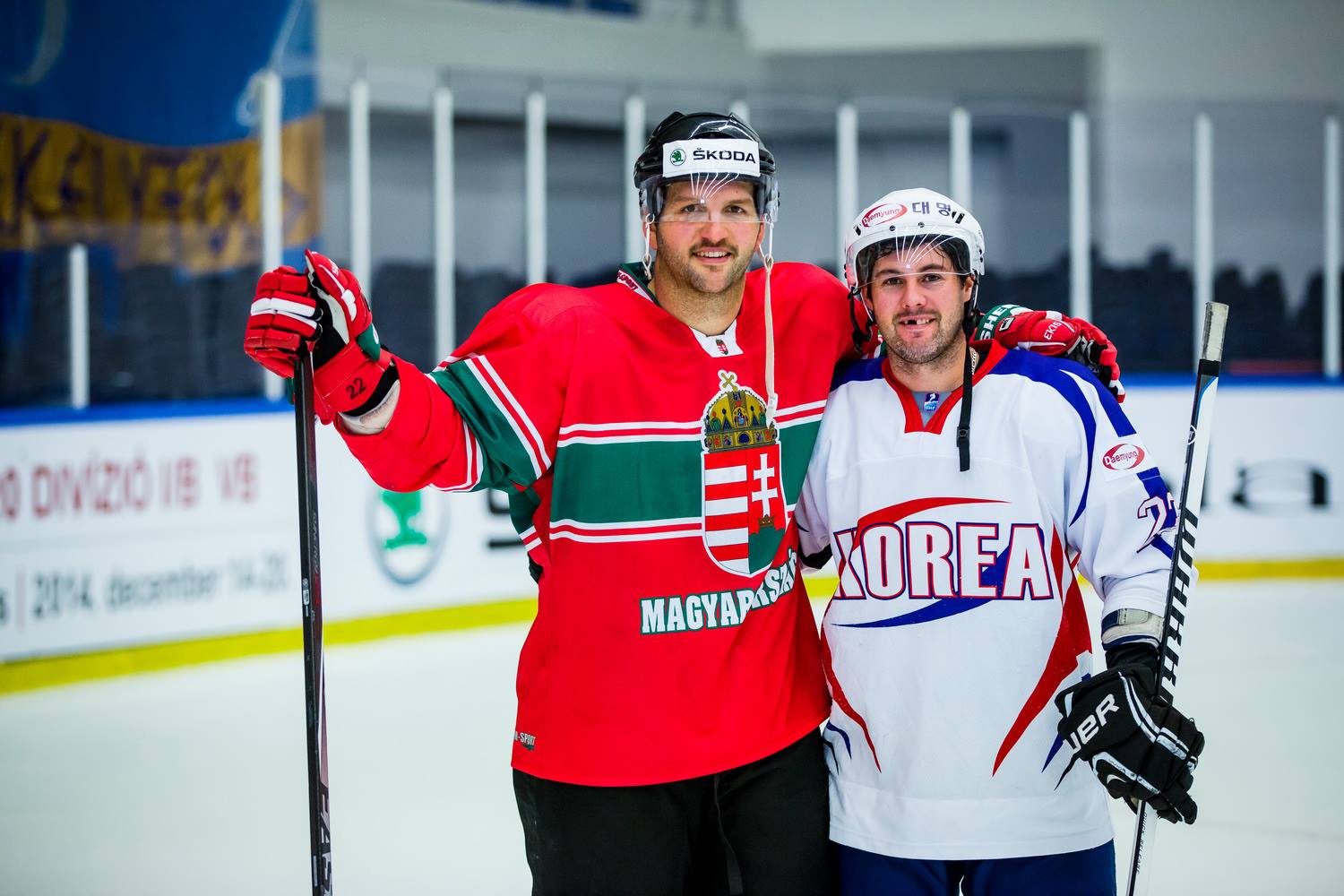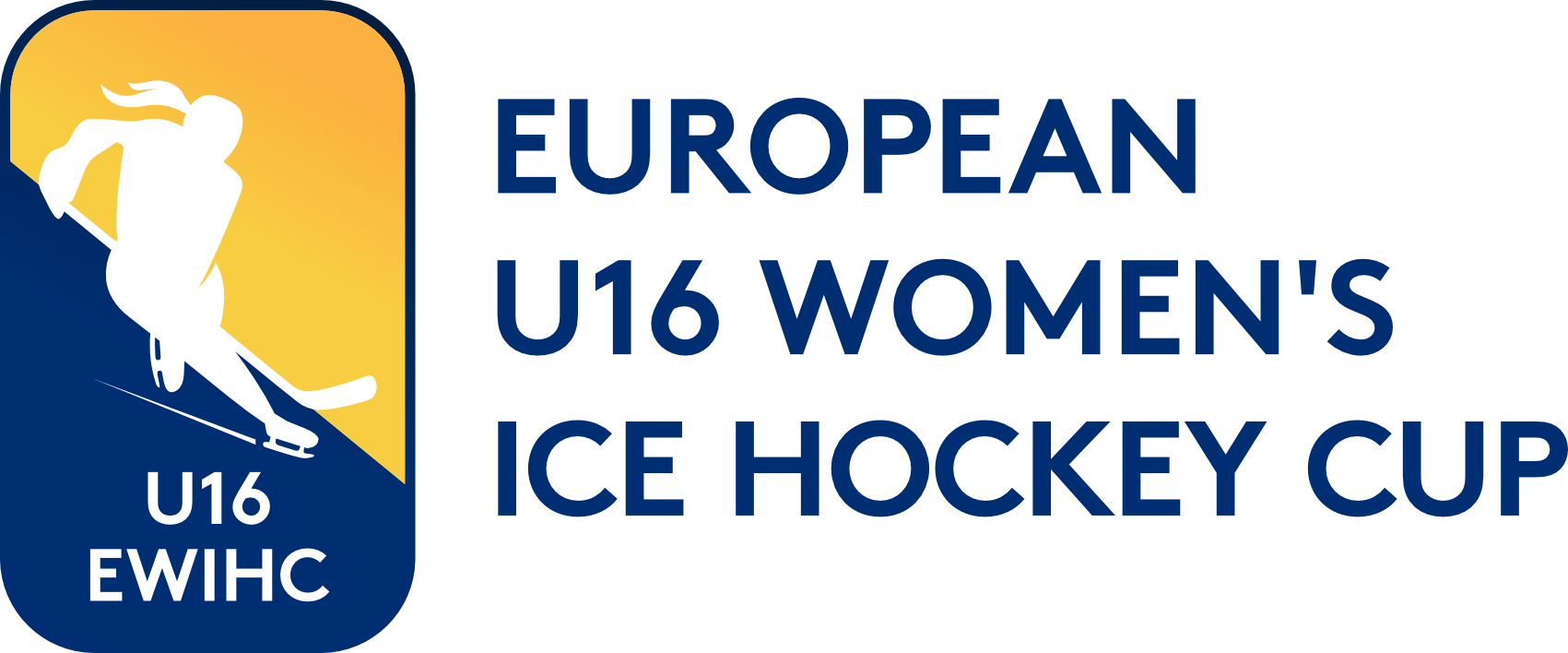
When you a peruse the rosters of national teams before any major international competition such as the World Cup or the Olympics, you are bound to come across a few names that you might not find ethnic to that country or see players who were not born in the country that they are representing. There are a number of reasons why this may be, political or personal.
In the world of international sports in theory you have to work with what you got, meaning that you can’t go out and sign a player for position that was a weakness in the previous season, but in recent years there has been ways to avoided this. In todays world it is very rare to find a roster that is made up of players who were only born and raised in that country. Yes the Canadian hockey team or the Brazilian football (soccer) will made up of just Canadians or Brazilians, however Owen Nolan who was born in Belfast Northern Ireland represented Canada at one World Championships and the 2002 Olympics, Nolan and his family moved to Canada when he was 7 months old.
In Owen Nolan’s case he was not eligible to represent Great Britain during his hockey career. The IIHF has a strict set of rules for eligibility in representing a country that has been questioned by the Hungarian federation a number of times in the past. To be eligible to represent a country at an IIHF tournament (Men’s U18, U20 or senior World Championships, Women’s U18 or senior World Championships, Olympic Qualifying tournament or the Olympics) a player has to not only have citizenship of the country but also have spent two straight seasons playing hockey in that country after their tenth birthday. Once a has played in any tournaments mentioned before a player it jumps to four straight seasons in that country. Since Owen Nolan never played in Great Britain he has never been eligible for the country he was born in.
The case that the Hungarian Ice Hockey Federation has been fighting was Norbert Hári, the brother of national team forward János Hári. Norbert spent four seasons in the Budapest Stars system before the Hári family moved to Sweden just months before Norbert’s 10th birthday making him ineligible for any tournament. This past offseason Norbert had a chance to play juniors in the U.S. but decided to sign with Debrecen of the MOL League, saying that one of the main reasons was to get his eligibility to play for the Hungarian national team.
This is not the first situation where player who was Hungarian was not Hungarian according to the IIHF, and in recent years there are always a couple of players who are mentioned in conversations about the citizenship or nationality. Thirteen years ago former Minnesota North Star draft pick Frank Kovács laced up his skates in Debrecen on home ice for the Hungarian National team at the Division 1/B World Championships where he finished with one goal and five assists in five games. Kovács was born in Regina Canada, had spent three season in Székesfehérvár and also obtained his citizenship since he had Hungarian roots, which met all requirements from the IIHF. He would end up spending a total of four season in Fehérvár, and played in 10 world championship games, scoring 10 points. Since Frank Kovács there have been a number of players who have had dual citizenship or have had to obtain their Hungarian papers.
The real info of nationalized players started with fan favorite Roger Holéczy who was born and raised in the Chicago area to Hungarian parents, he spent three season as well with Fehérvár before he would play in four world championships in for Hungary. Playing in the world championships for the first with Roger was Artyom Vaszjunyin who was born in Kiev in today’s Ukraine but spent his childhood in Hungary because he father was a professional hockey player in Hungary. The following season Omar Ennaffati whose mother is from Hungary, played for the national team after two season in Fehérvár. Rastisalv Ondrejcik gained his Hungarian citizenship after seven season in Fehérvár, Peter Sevela who was a goalie on last years national team spent a number of years playing for DAB.Docler in the MOL League before getting his citizenship. Ladislav Sikorcin Tamás Sille and Árpád Mihály who went through the nationalizing process, have been key members of the Hungarian national team in the past few years Tyler Metcalfe or Vladimir Dubek will have a chance to play this coming season with Nathan Martine, Jesse Dudas and Karol Csányi in 2016.
nationalizing process, have been key members of the Hungarian national team in the past few years Tyler Metcalfe or Vladimir Dubek will have a chance to play this coming season with Nathan Martine, Jesse Dudas and Karol Csányi in 2016.
Metcalfe, Dudas and Martine all have Hungarian roots but someone who could be in Poland at the 2015 World Championships is Andrew Sarauer who spent these last two years in Fehérvár and if he gets his paperwork taken care of in time. With teams having restriction on the number of import players you have it is a good idea for foreign players to gain citizenship just to help out their club teams as well. “This could be a new and exciting experience” said Nathan Martine in November at the national team training camp
Adding a player that grew up in a different hockey culture is always an added benefit especially for the countries where ice hockey is not one of the top one or two sports. At last years world championships Belarus had two Canadians who have spent the past few years playing in Belarus, France had one, as did Germany and Kazakhstan but Italy takes the cake with 11 American and Canadian citizens. The Italians for over the past 25 years the Italian roster has always had large amount of North American born players on their roster.
Interestingly enough at the 4 Nations tournament last November in Budapest where Poland, Italy, South Korea and Hungary took part Italy was the only team that did not have any nationalized players. Poland, Hungary and Korea are trying to improve their national team and their hockey with the best possible players whereas Italy has gone over the tipping point where they have too many imports. The Italian team is going with a “made in Italy” plan after they have seen a drop in numbers as players as kids are turning away from hockey as sport since all they see are Canadians and Americans on their national team. The federation is now turning to hockey as a way of rebuilding their youth system and federation.
Hungarian national team assistant coach Gergely Majoross probably summarized the Hungarian situation the best “I think its good until you have a good ratio, problems start to occur when the natives from the country realize they have slim to nun chance of making it, what we have here is that the handful of naturalized players actually lift the level of competition for the roster spots.” From the players perspective team captain Viktor Tokaji, who has played with everyone mentioned before, a completely agrees with the aspect of competition “these guys makes the pool of players larger, we have the quantity now we have the quality and it increases the competition.”
Korea is going with a similar route as to Hungary, however their goal is to have a good hockey system and national team for 2018 when they host the Winter Olympics. Taking over the reigns of coaching the national team has been former NHL players and Koreans Jim Paek and Richard Park, neither of them played for Korea on the international stage. At last years world championships Korea had three naturalized players “for us its an opportunity to play at the international level,” says Brock Radunske from Kitchener Canada “we are all very excited to be a part of it, Korea has been our home for a number of years (7 season), at some point you do have to look at the development of your own home players but it comes down to depth”, Paek says there will be more to come if needed in the years to come.
Photo: László Mudra
